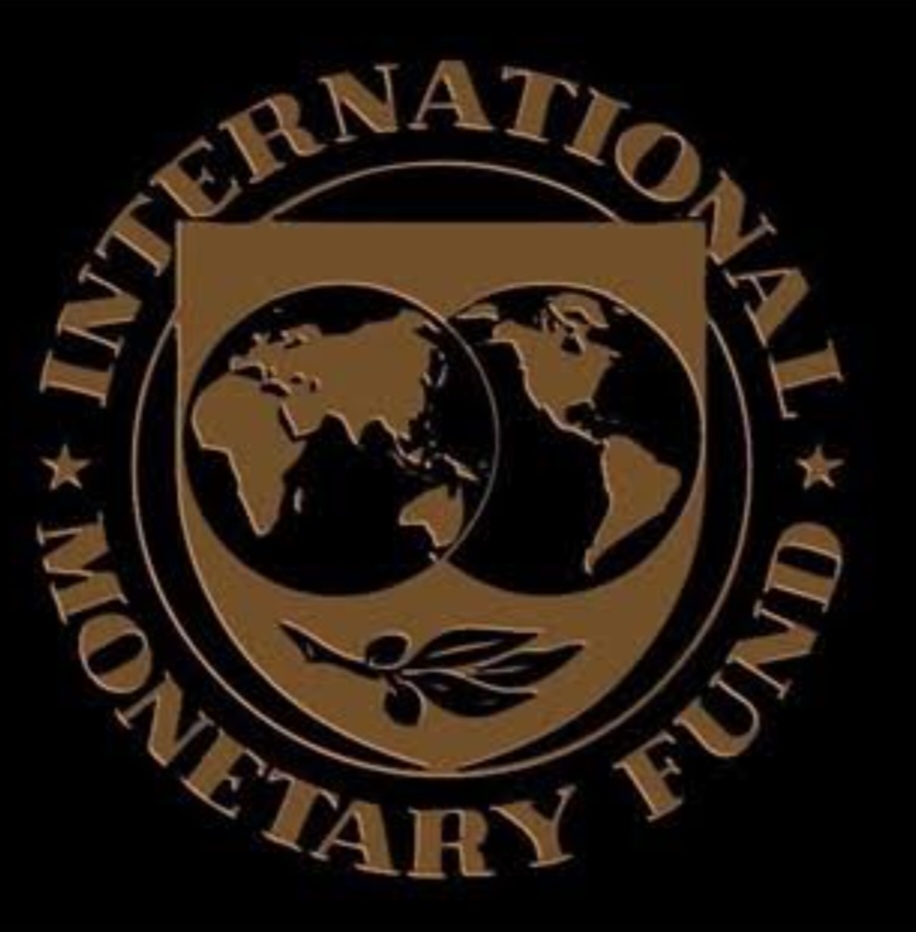
Ofure Akhigbe
The International Monetary Fund (IMF) has warned that rising reliance on domestic borrowing by Sub-Saharan African governments is increasing debt risks and putting pressure on local banks.
In its latest Regional Economic Outlook, released on Thursday during the IMF and World Bank annual meetings in Washington, the Fund noted that many governments in the region are turning to local financial institutions to fund their budgets, often at higher costs than external borrowing.
According to the report, the “domestic cost of capital remains elevated across the region,” while many local financial markets remain “underdeveloped, fragmented, and illiquid,” with high transaction costs and wide lending spreads.
The IMF cautioned that new domestic borrowing has become “significantly more expensive than external borrowing” in several countries. As a result, funding costs are rising while private-sector investment is being squeezed.
It further observed that domestic banks’ holdings of government debt are “large and growing faster in sub-Saharan Africa than in the rest of the world,” warning that this trend could create a “vicious feedback loop” in which weak public finances undermine banks’ stability, leading to tighter credit and worsening fiscal conditions.
Abebe Aemro Selassie, Director of the IMF’s African Department, told Reuters that while the shift toward local borrowing indicates progress in developing domestic markets, it also poses serious risks.
“About half of total public debt is owed to domestic banks,” Selassie said. “Access to external financing has not been readily available in recent years, but excessive domestic borrowing can also create problems in the banking sector if governments struggle to service their debt.”
After years of exclusion from global capital markets due to high borrowing costs and economic uncertainty, some African countries have cautiously begun returning to international bond markets since 2024. However, the IMF warned that many remain vulnerable to renewed debt pressures if fiscal discipline and financial sector resilience are not strengthened.
